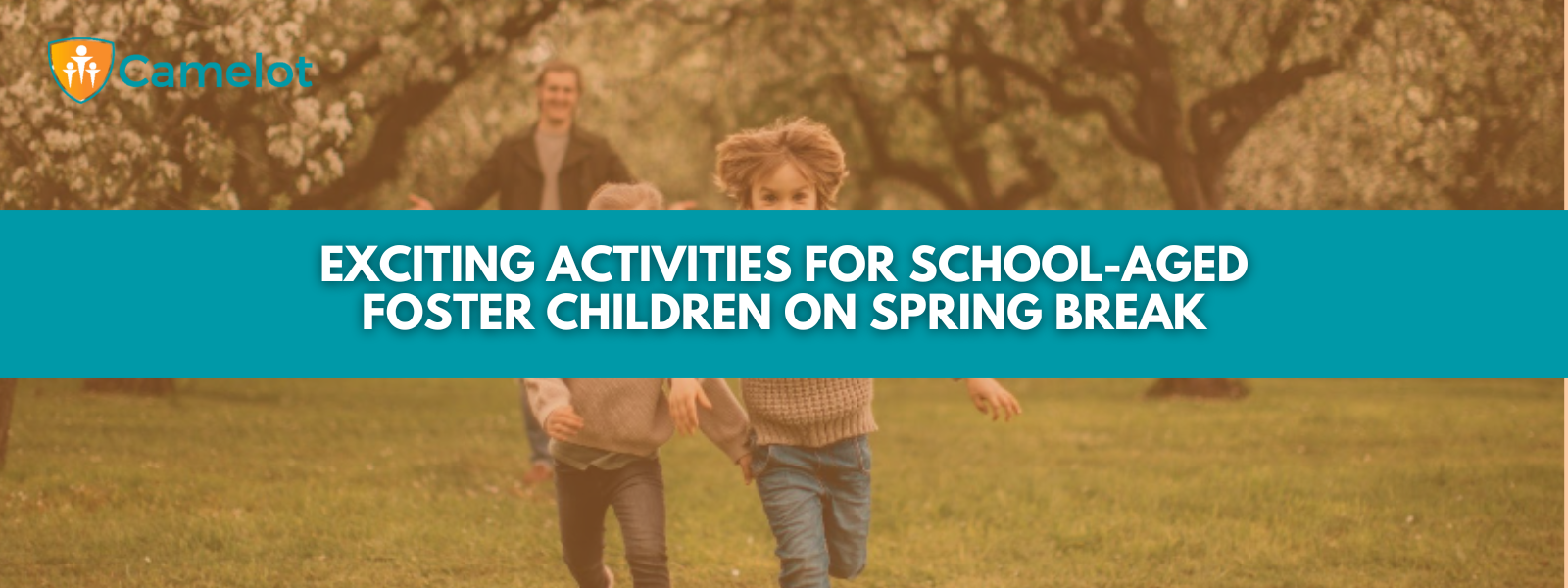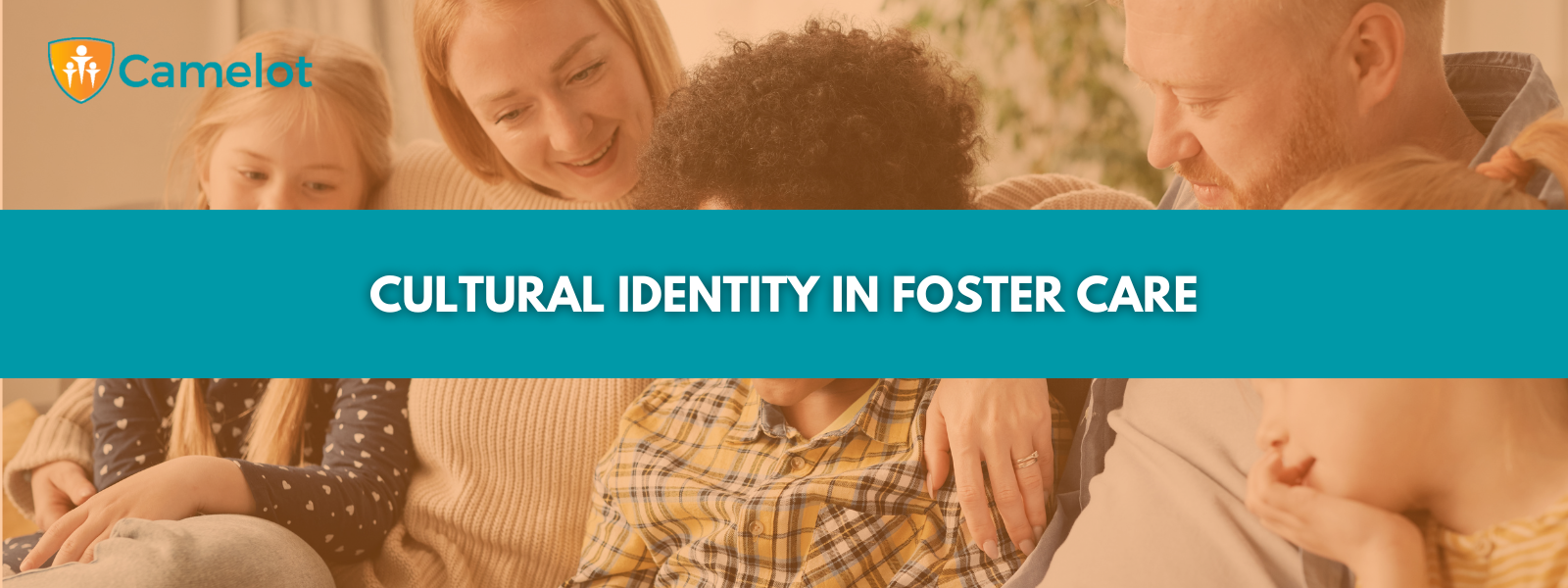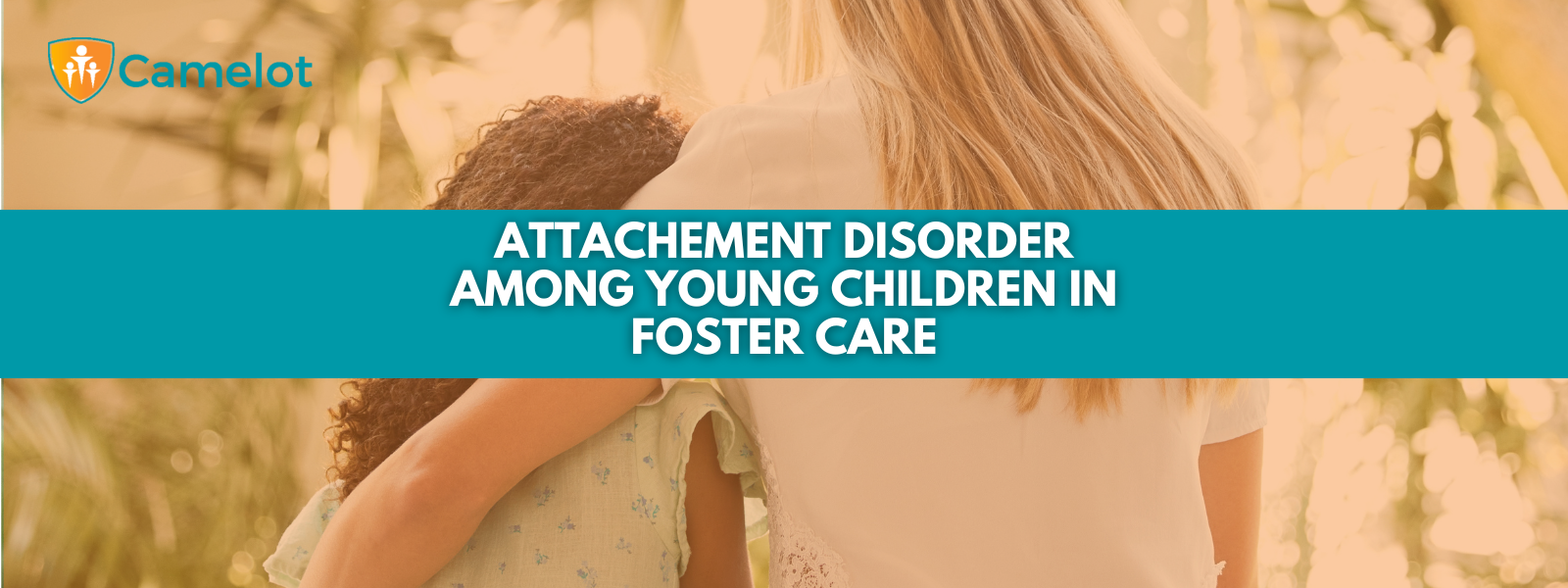Ways to Support Foster Children During the Holiday Season
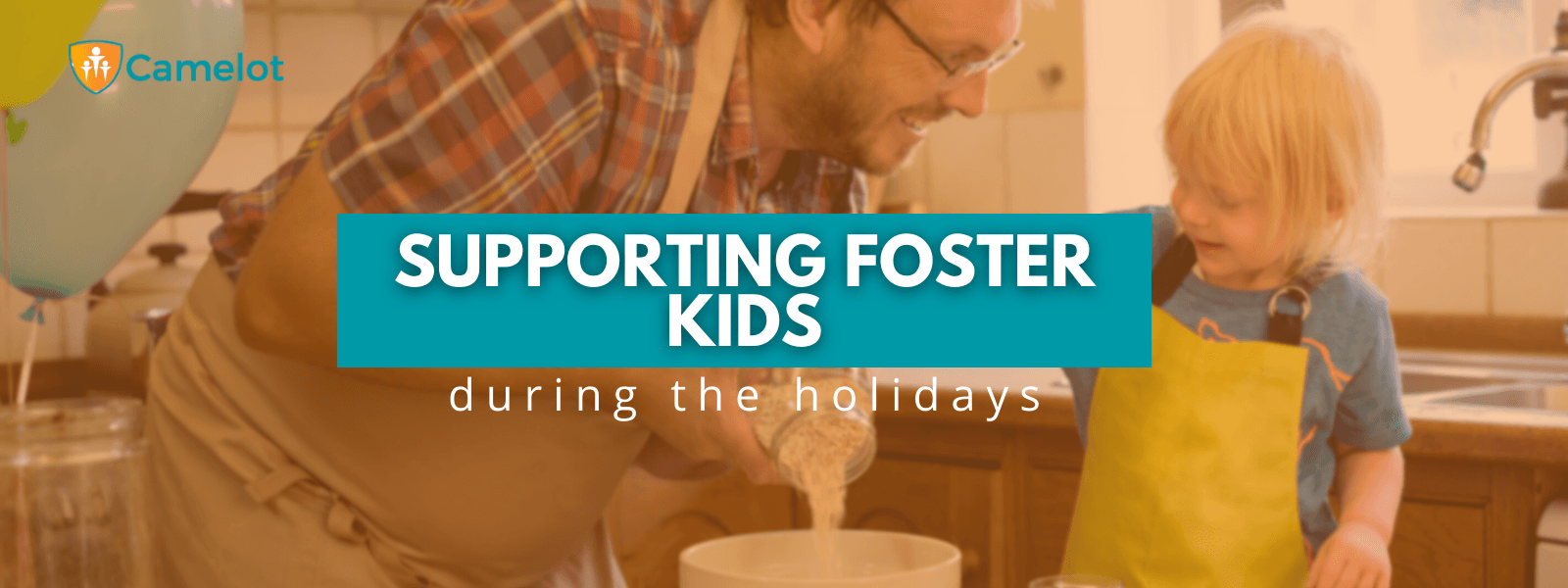
The holiday season is here and families across America are getting ready for the festive season. But for children in foster care, the holiday season can be a significant source of stress. Here are some ways to help support foster children during the holidays.
Top Tips for Adults Caring for Foster Children During the Holidays
As an adult caring for foster children, you want to do what’s best for the children in your care. The holidays can be an emotional time for foster children. It’s important to create a safe space where they can express and process their feelings.
Some foster children may come from homes where happy holidays weren’t the norm but others may have had positive experiences with their biological families. Either way, the holidays can be stressful and scary, especially for those in a new home.
Hold an open conversation about what the holidays are like in your home.
Sit down with your foster child and discuss what the holidays are like in your home. Let them know what will or won’t be expected of them during the season. If you have more than one foster child staying with you, meet with them one-on-one so they have the opportunity to ask questions.
By letting your foster children know what to expect, you can help decrease the sense of anxiety they may feel heading into the holiday season. Allow your foster child to choose their desired level of participation whether is taking part or just observing. And be prepared for the possibility that they may change their mind halfway through, too.
Have a preparatory conversation with family and friends.
Foster families often know that plans can change overnight, but your extended family and friends might not be used to being so flexible. Don’t forget to let them know if a new guest will be joining the celebrations so they are not scrambling to set another plate at the dinner table. This will help your foster child feel more like part of the family and less like an imposition.
Arrange for them to meet your extended family in advance, if possible.
While it may not always be possible, consider giving your foster children an opportunity to meet your extended family in small doses ahead of the celebrations. A casual meeting can go a long way to reduce stress and anxiety ahead of the big day.
Not possible to get together ahead of time? Give your foster children a brief run-down of who they can expect to meet and how they’re connected to you. You could also arrange for the host to meet your foster child via FaceTime or a personal phone call.
Keep everything confidential and remind others to as well.
It’s normal for others to be curious about a new family member, especially if it’s the first time they’re meeting. However, it’s important to remember that prying questions, though often well-intended, can be incredibly uncomfortable for a foster child to ask.
Remind family and friends to ask general questions about your foster child’s hobbies and interests, and who they are as a person rather than their past. And since you can’t always control what other people will say, it’s a good idea to help your foster child prepare responses for other, more personal questions. Let them decide how they want to be introduced and how much they want other people to know; they are not required to reveal their history.
Plan ahead for presents
If your holiday celebrations include exchanging gifts, be sure to include your foster children. If relatives are purchasing gifts for your biological children, you may want to ask that they include your foster children in the gift-giving as well. Some families also choose to have “back-up” gifts on hand in case a relative forgets. Right or wrong, children tend to count and compare gifts, and they will likely notice if another child received more or less than them.
Make space for their own beliefs and traditions.
Many holidays are deeply tied to religious customs, and your foster child may have beliefs that are different from your own. Try to learn about their family traditions, and incorporate them into your family’s celebrations. They may even have traditions they enjoyed with their biological family, or a previous foster family, that they want to continue practicing. Incorporating your foster child’s own celebrations and traditions can help them feel validated and supported as a member of your family.
Encourage and support visits with family, if possible.
The holiday season moves quickly. Make family visits a priority, even as your schedule gets busy. If your foster child is in touch with their biological family, give them the opportunity to call or visit with relatives and friends. This can help soothe any concerns if their family or friends are struggling during the holiday season.
Always consult with your caseworker, as some visits may require supervision. This is a great way to support your foster child if they want to maintain a connection to their biological family. Many foster children feel as though they have to choose between their bio family and their foster family, but it is possible to maintain a relationship with everyone.
Give your foster child some space.
The holidays can take an emotional toll on all of us, but foster children may feel an increased sense of grief, stress, or anxiety. Your foster child may pull away or withdraw over the holiday season, even if you are doing everything right. Remember, this is not a reflection of your ability as a foster parent.
Schedule some downtime throughout the holiday season, and give your foster child, and your entire family, time to relax and recharge
Supporting Foster Children and Foster Care Agencies in TN
Recent federal data shows that there are over 400 000 children in foster care in the United States. Reunification is the best possible scenario, but foster families are a much needed source of support and care in the meantime. While the holiday season may bring up increased feelings of stress and anxiety, foster parents have a wide variety of ways to make the season bright for youth in their care.
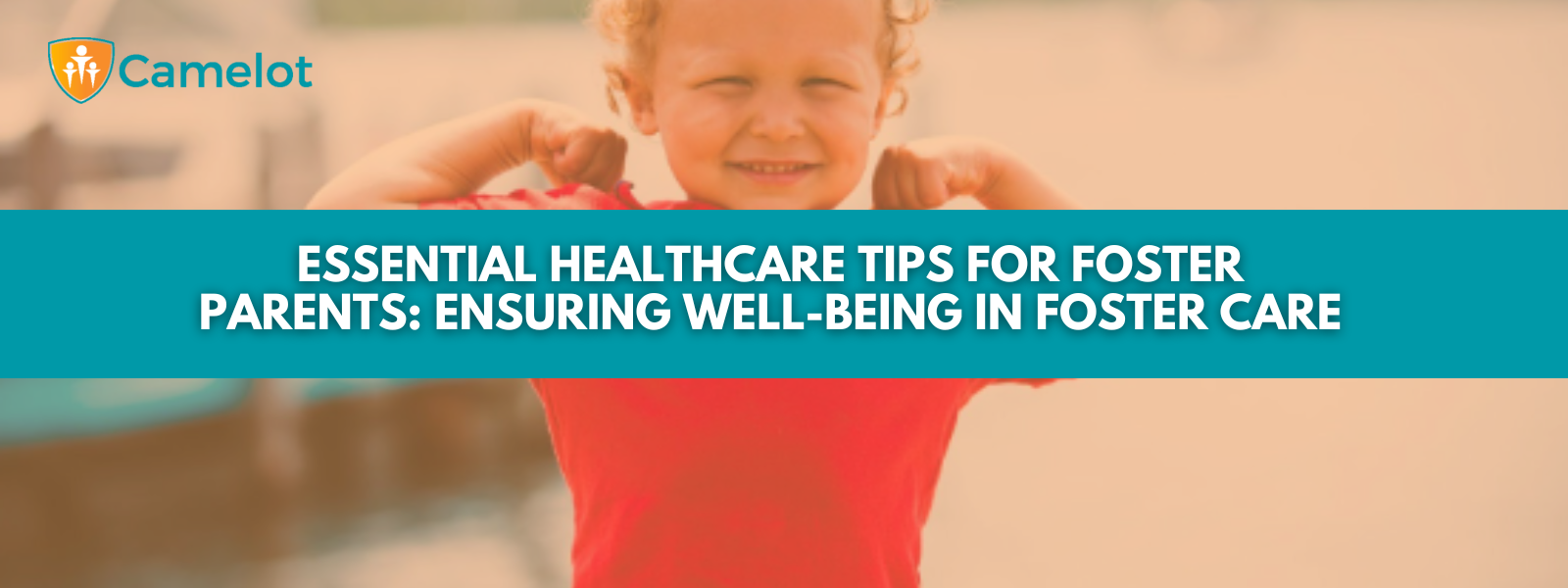
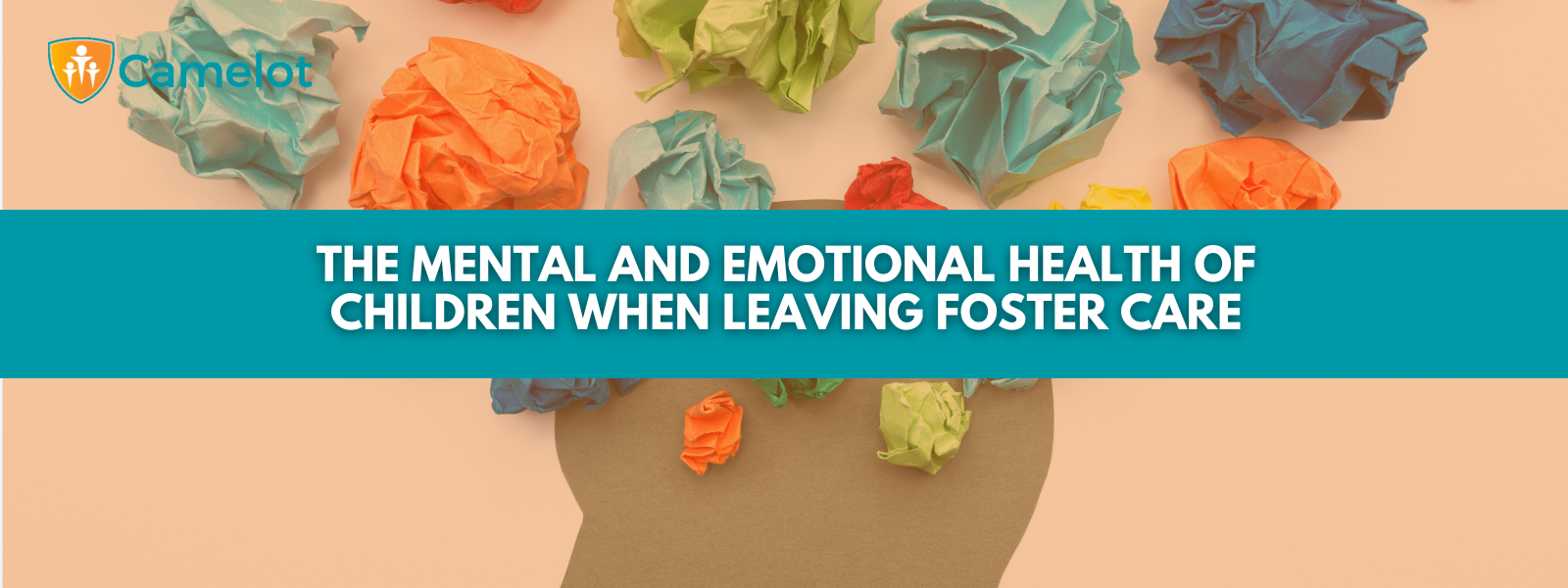
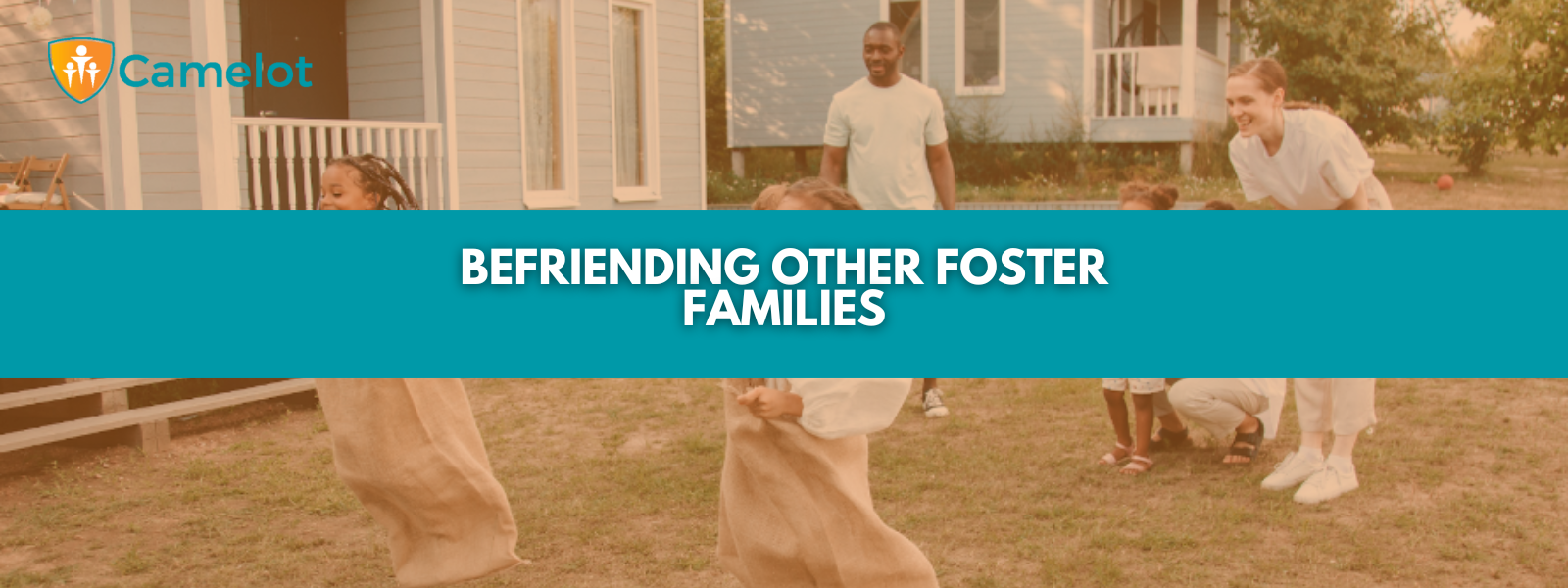


Camelot Care Centers

